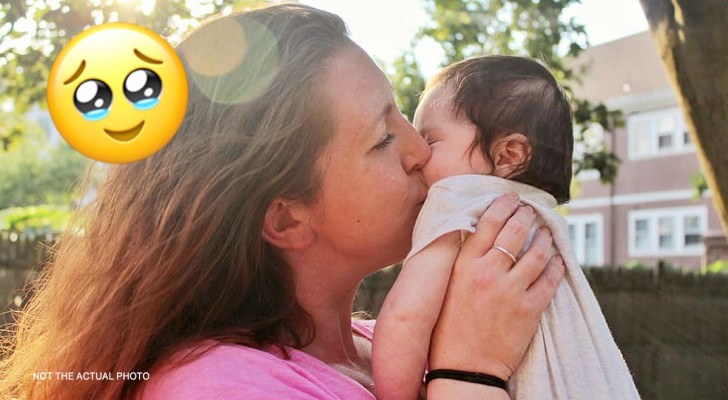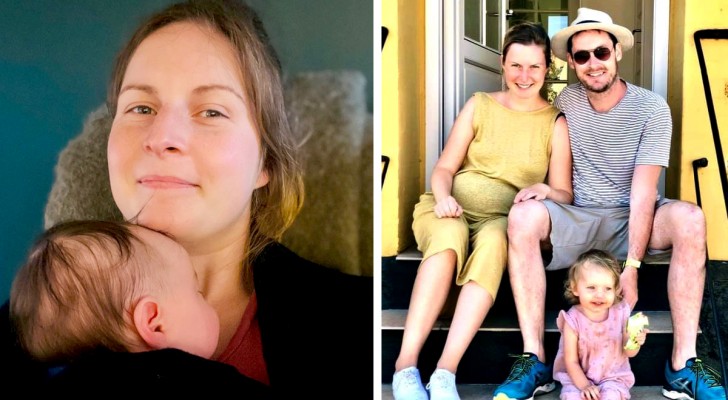6 types of mothers that can have a negative influence on their child's emotional development

Mothers, attention, please! Without mincing words, in the field of psychoanalysis, you are considered as one who, voluntarily or involuntarily, ruins their children.
In fact, when that comparison that each of us makes in regards to their emotions, beliefs, and life experiences, is superimposed by a mother, during the process of emotional development of their child, this influences a child in a decisive manner.
In particular, mothers who have had a problematic past can reflect this on their child, who will be "programmed" to emotionally satisfy the needs of the mother, and the child becomes her point of reference - thereby developing anxiety, insecurity, distrust, apathy, narcissism, etc.
In her book "Mommy Do Not Hurt Me, Shadows of Motherhood", Marina Valcarenghi traces the identikit of some types of "difficult" mothers. Let's take a look at some of them.
via psicoadvisor.com

- 1. The Total Mother. She is the one who identifies her whole existence with motherhood, sacrificing work, friends, passions to be able to devote herself, body and soul to her children. In return, however, she demands from them a complete dependence that she considers legitimate - because she has earned it with her sacrifices and nurtured with emotional blackmail and guilt. She often discredits the father and alienates his children. Her children have with her a very complex relationship of love/hate and they feel suffocated. The daughters can either idealize their mother completely or escape her, and the children will feel unjustified rancor towards a constantly discredited father.
- 2. The Black Spider Mother. This is a negative person who continually ruminates on the injuries suffered in life and wishes the same fate to her children, She criticizes them and debases them when they are successful and consoles them when they fail. Her children feel inadequate and insecure. If the attitude of the mother is an end in itself, the children will end up leaving home as soon as possible, but, despite the distance and their successes, they will always be accompanied by a feeling of sadness.

- 3. The Victim Mother. She loves to complain, and waits for someone to save her, and her children must feel sorry for her. If the victim mother is also a "total mom" and she also expects to be saved by her children. Children grow up without proper protection, and they take on adult responsibilities, including that of consoling their mother. They can become completely under her influence, creating a mutual dependence that will not cease even when they have grown up.
- 4. The Narcissist Mother. She considers her children as an extension of her own self, something to brag about and show off. These mothers establish the life paths their children must undertake, excluding their freedom of choice and depriving them of their identity. Her children will be unable to know what they actually want or love independently from the image of success that someone else - their mother - has already identified for them.

- 5. The Melodramatic Mother. She loves to draw attention to herself through inappropriate attire and attitudes that embarrass her children. She wants to feel younger and even asks her children to call her by her name, instead of "mom". Her children will grow up with a deep sense of shame.
- 6. The Depressed Mother. She feels a deep uneasiness, which she does not use to bind her children to her, but she is also not able to transmit the joy of life to her children. Her children develop apathy, they have no passions, they feel abandoned and useless because they have never managed to make their mother feel better.
These are just some of the profiles of different types of mothers described by the author - and in this case, only of "difficult" mothers; do you know any other types? Share them with us.





